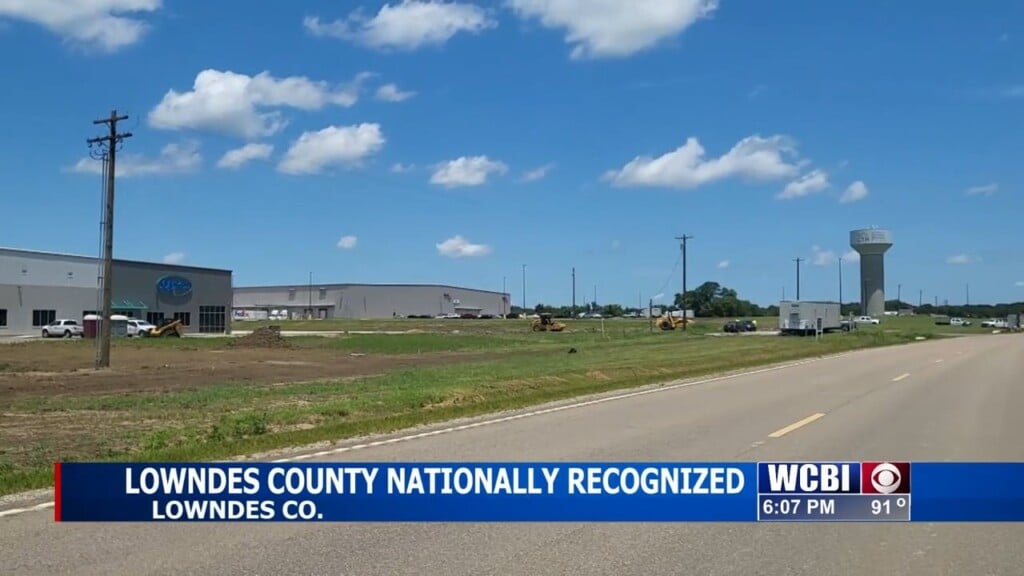Uber IPO: The “dumb money” usually loses
Uber has cracked the code on personal mobility by connecting drivers to ride-seekers via its mobile app and is starting to change the way people think about transportation and even car ownership — not insignificant feats.
One thing Uber has yet to do, though? Make a profit.
The company makes its initial public offering Friday and is betting it can execute on a plan to transform personal mobility, similar to how internet-based companies like Amazon and Facebook changed the way people make purchases and communicate with one another. While the IPO will enrich some company executives and early investors, members of the public who invest in Uber after it makes its debut on the New York Stock Exchange probably won’t be as lucky.
Should you buy shares in Uber or not? IPO experts say to follow these guidelines when deciding your answer.
Don’t be ruled by emotion
Sure, there’s appeal in owning a piece of a company that could be the next Facebook or Google, but one’s investment decisions should not be guided by “FOMO” — the fear of missing out.
“Typically, IPOs are sexy and everyone wants to find the next big winner in an IPO,” said Cliff Hodge, director of investments for Cornerstone Wealth. “If you are lucky enough to get an allocation before it goes public, certainly you can make a lot of money … but if you look at the data, historically, buying an IPO after it hits the secondary market, it underperforms over time.”
Neither does brand-name recognition justify an investment, Hodge warned. “You hear about these fantastic companies that are going to change the world,” he said. “They are becoming part of the everyday lexicon and you think because you can download the app and use the great service they can take over the world, but that’s not a reason to invest.”
Bottom line: Don’t just see the name on the app or the company on TV and decide you want to buy. “Be cautious,” Hodge said. “Do your homework, know what you are buying into.”
Consider the past performance of IPOs
IPO stocks underperformed non-IPO stocks by 3.1 percentage points per year in their first five years, according to Professor Jay Ritter at the University of Florida, citing four decades of stock-performance data from 1980 to 2017.
“One caveat is that bigger companies did much better than smaller ones, pretty much beating the market,” Ritter noted. And Uber falls into that category. Still, IPOs as a rule are considered a risky investment.
“In general, when the market goes up, IPOs tend to outperform, and when the market goes down, they tend to underperform, and in that regard they are exceptionally risky,” he said. “That’s partly because many of them are very young companies with very uncertain profitability.” The longest bull market in U.S. history reached its 10-year anniversary in March.
Roughly 65 percent of IPOs this year are trading above their IPO prices, according to Renaissance Capital co-founder Kathleen Smith. “So the odds are this stock should, too,” she said. Uber is distinct in one major way, though. “This IPO is tricky because it is such a big IPO and the company is losing so much money that it’s going to be a very volatile stock,” Smith said.
Consider Uber competitor Lyft’s abysmal performance since it went public in March and then lost 25% of its value. “The stock is trading below IPO price,” Smith said of Lyft. “The stock surged on its first day — and investors might have done well to sell then.”
There is no guarantee Uber will ever make money
Uber’s path to profitability is bumpy and could be obstructed by roadblocks. Bringing autonomous vehicles to the mass market is the key to Uber becoming profitable, analysts say.
“The 800-pound gorilla in the room is autonomous [vehicles]. To be a long-term winner you are certainly going to have to be involved or partnered with a winner in the autonomous space. Once that’s up and running you are not going to need to source your biggest input costs which are drivers. If you can’t figure that out — you are not a leader in that space,” Hodge said. “Its hope is that they are going to make money one day, but there is no evidence that they are going to execute.”
Let the dust settle, invest after the stock starts trading
Unless you have access to IPO pricing, there’s no need to buy a stock right away: The months after the IPO will reveal whether it was priced well and what its growth prospects are. (In its first day as a public company, shares of Uber slumped between 3 percent and 6 percent after rolling out at a $45 per share price.)
“Typically you want to be patient. IPOs [can] pop on day one but then typically two months later after, after the hype has died down, the price tends to come back to reality and from there you can get it at a better price,” Hodge said. “Part of it is luck, part of it is being patient and not jumping in at the first chance you get,” Hodge said.
The public can also invest in Uber and other ridesharing companies as well as other startups they find promising through IPO exchange-traded funds that include bundles of newly public companies.





Leave a Reply